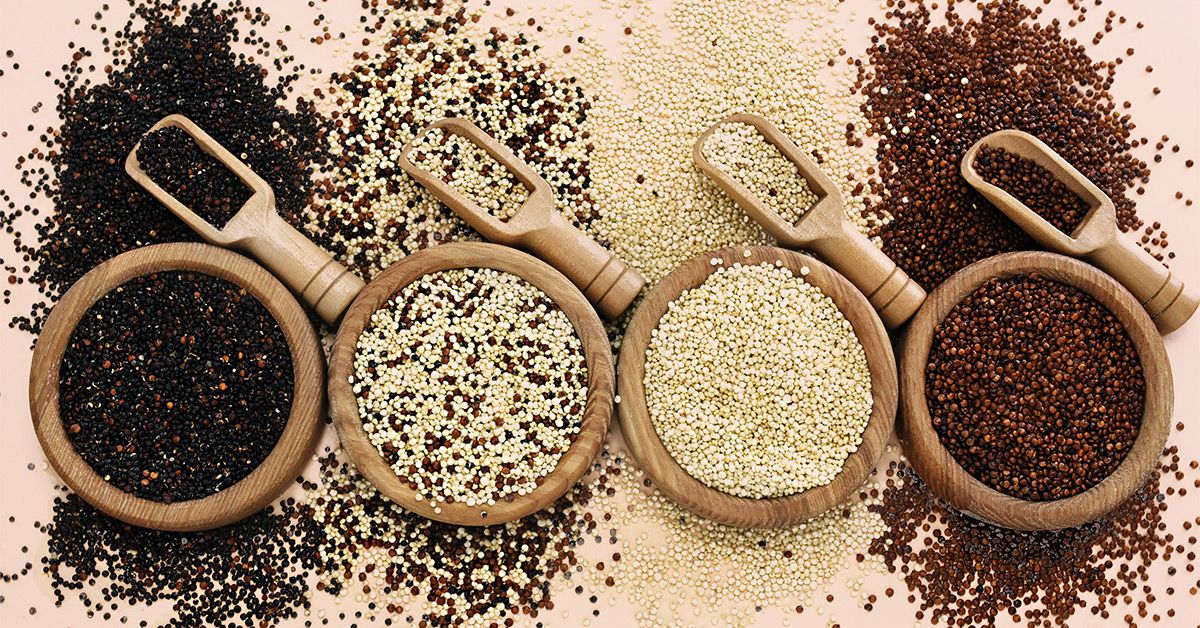Ancient grains like oats and buckwheat are being highlighted in a new study for their potential to help manage blood sugar and cholesterol in individuals with type 2 diabetes. These grains are rich in dietary fiber and phytochemicals that could offer numerous health benefits for those with diabetes. Experts recommend incorporating minimally refined grains into a healthy diet to experience the most advantages.
The study, published in Nutrition, Metabolism and Cardiovascular Diseases, analyzed 29 randomized controlled trials to assess the impact of ancient grains on diabetes management. The findings indicated that ancient grains such as oats, brown rice, and millet may have positive effects on blood sugar and cholesterol levels for individuals with type 2 diabetes. Despite the promising results, further research is needed due to the variability and limitations of the data reviewed.
While ancient grains have shown potential benefits in managing diabetes, the study authors stress the importance of conducting more standardized research to fully understand their effects. These grains contain phytochemicals and fibers that have antioxidant, anti-inflammatory, and heart-healthy properties, which can improve metabolic health and help regulate blood glucose and cholesterol levels.
Compared to modern grain varieties, ancient grains have undergone less genetic modification and are reported to have superior nutritional composition. They contain higher levels of phytochemicals and dietary fiber, which are associated with improved insulin sensitivity, glucose metabolism, and blood sugar control. Both medical professionals and dietitians agree that including ancient grains in a balanced diet is safe and likely beneficial for individuals with type 2 diabetes.
It is recommended to prioritize minimally refined grains, such as oats and chia seeds, over more refined grain options like bread and pasta. These whole grains can be consumed in regular portions as part of a balanced meal to support optimal blood sugar management. While low-carb diets can help maintain consistent blood sugar levels, they may not be sustainable in the long term and may result in missing out on essential nutrients found in whole grains.
Overall, ancient grains have the potential to play a significant role in managing diabetes alongside traditional medical treatments. By incorporating these grains into a healthy, balanced diet, individuals with type 2 diabetes can potentially improve their blood sugar and cholesterol levels while benefiting from the various phytochemicals and dietary fiber they provide.




































